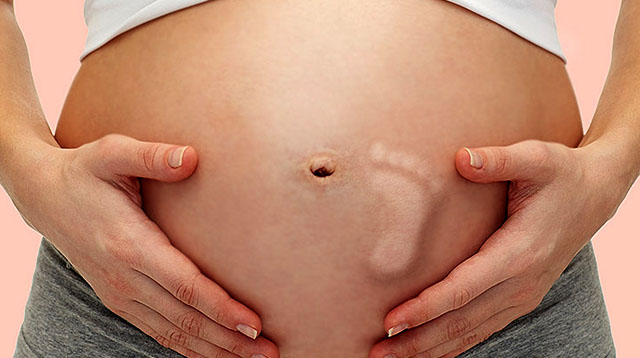Currently, many women are postponing childbirth until they are older for a variety of reasons. A new study has reported an advantage to bearing children at an older age: increased longevity.
The investigators conducted a study to assess the association between a woman’s age at birth of her last child and the likelihood of survival to advanced age. They accessed data from the Long Life Family Study. The study group comprised 311 women who survived past the oldest 5th percentile of survival (cases) and 151 women who died at ages younger than the top 5th percentile of survival (controls). A procedure known as a Bayesian mixed-effect logistic regression model was used to estimate the relationship between maternal age at birth of her last child and extraordinary longevity among these 462 women.
The investigators found a significant association for older maternal age: women who delivered their last child beyond age 33 years had twice the odds for survival to the top 5th percentile of survival compared to women who had their last child by age 29 years. They concluded that their study supports findings from other studies that demonstrate a positive association between older maternal age and greater odds for surviving to an unusually old age.
Take home message:
Although this study reports increased longevity among women who bear children at an older age, there is a down-side. The interval in which the greatest likelihood of delivering a healthy child with the lowest risk of complications for both mother and infant is age 20 to 30. Statistics are also better for women who deliver their last child before the age 30. Women who deliver a child before 20 years of age have an increased risk of complications. The risk of pregnancy complications such as preeclampsia (toxemia) and pregnancy-induced hypertension also increases with age. In addition, the risk of delivering a child with birth defects increases with age. For example, by age 35, a woman’s risk of conceiving a child with Down syndrome is about 1 in 350. By age 40, the risk is about 1 in 100, and by age 45, the risk is about 1 in 30.
Healthy lifestyle choices also affect longevity. Lack of exercise, overweight/obesity, smoking, and excessive alcohol intake impact longevity. On a positive note, this study notes that older women who deliver a normal, healthy child without complications have an increased likelihood of surviving to a ripe old age. Obstetrical care has advanced to the point where older women who are closely monitored during pregnancy have an excellent chance of a good outcome. In addition, genetic testing can be done to check for birth defects.








